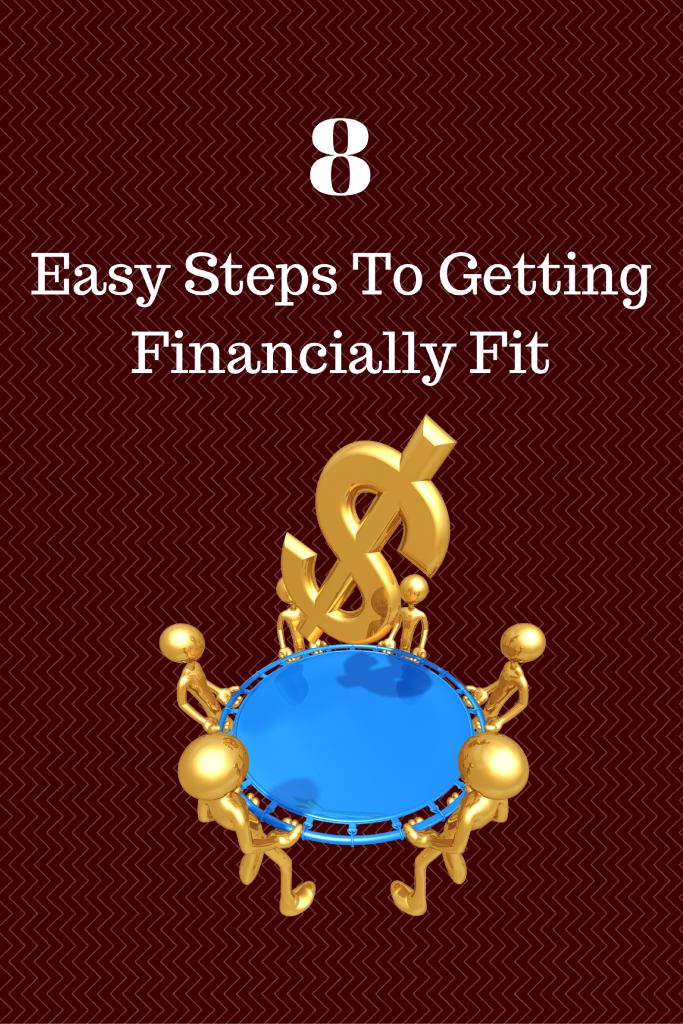
Before shopping around for homeowners’ insurance, it’s smart to be well informed about the wide ranging costs, as well as the ins and outs of insuring your home. Learning as much as you can about the following items will help you to select the best homeowners’ insurance policy to meet your needs.
1. The type of home
Your homeowners’ insurance policy should accurately reflect the type of dwelling you reside in.
2. What coverage is typical
Basic homeowners’ insurance will cover damage to your home from weather events outside of earthquake and flood coverage. You can insure for these additional events separately, but for a much higher cost.
● Damage from vandalism and theft will be covered. Your personal property will also be protected both inside and outside of your home. For instance, if you leave your laptop in your car and it got stolen, it could be covered under your homeowner’s insurance policy.
● Other structures on your property, such as garages, tool sheds, or workshops are also generally included in homeowners’ insurance. Be sure that they are explicitly mentioned in the text of your policy though.
● Personal liability is another important inclusion as well. This part of your insurance policy covers you in the event that someone gets injured on your property due to your negligence.
3. Home construction
What building materials are your home made of? Is it built sturdily enough to handle outsize weather events?
● The materials used in the construction of your home will determine in part the type of insurance coverage you’re allowed as well as the cost of premiums.
● Superior construction will make it easier for you to find an affordable policy.
4. Quality home care
Going the extra mile to protect your home and belongings from damage or theft might net you a reduced premium.
● If you live in a hurricane zone and install hurricane shutters on all windows and doors.
● Living near police and fire stations or at least a fire hydrant can also help immensely.
5. Deductibles
As with almost all types of insurance, you can save a ton of money on your homeowners’ insurance policy if you’re willing to carry higher deductible amounts.
● Be aware though that your mortgage agreement might have specific requirements or limits as to how high of a deductible you can have.
6. Cost of replacement
Before you go shopping for insurance, understand the value of your property both in terms of market value and the cost to rebuild the property, as well as the ballpark value of replacing your personal items inside the dwelling.
● To figure replacement costs, insurance companies will write a policy that covers 125% to 200% of the price of your property. If the cost to replace your home is far greater than what its market value would be after it’s rebuilt, consider looking for a replacement policy set at market value. This way in the event of a total loss, the policy will pay out enough to cover the balance of your loan and return your home equity while letting you walk away scott-free in the end. Your monthly premiums will be much lower without paying so much as to cover an expensive rebuild.
7. Overall cost
Many factors figure into the cost of your homeowner’s insurance policy. Some basic factors are age of the dwelling, square footage of your home, its location, and the construction materials.
8. The insurance company’s reputation
As with any business, know your insurance company’s reputation inside and out. Verify they are licensed to sell insurance in your state and what others have to say about their customer service.
Obtaining homeowners’ insurance does require some homework, but it’s not rocket science. Use this list to prepare yourself before going shopping for your homeowners’ insurance.


